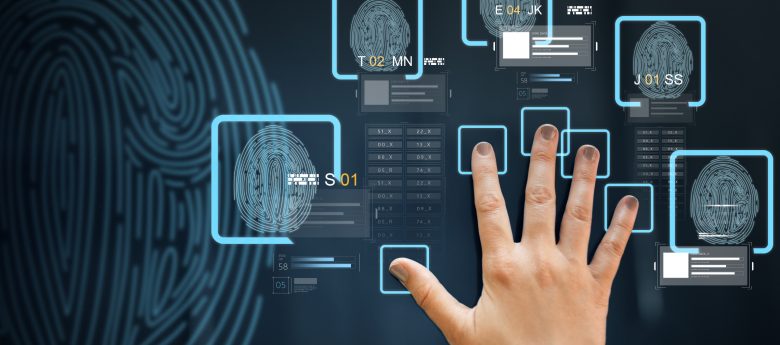Access control is a fundamental aspect of security that plays a crucial role in protecting your assets, whether they are physical or digital. In this world where information and resources are constantly at risk of unauthorized access, having a robust access control system in place is essential for maintaining the integrity and confidentiality of your sensitive data and valuable possessions. In this post, we will look at the importance of connected access control and its various benefits for your security.
What Does Access Control Mean?
Access control is the process of managing and regulating who or what has access to specific resources, such as buildings, rooms, computer systems, or sensitive information. It involves the implementation of policies, procedures, and technologies that ensure only authorized individuals or entities can gain access to the protected assets. Here are the benefits of access control:
Protecting Against Unauthorized Access
One of the primary reasons why access control is essential for your security is its ability to prevent unauthorized access. By implementing access control measures, you can effectively restrict access to sensitive information, important infrastructure, or valuable physical assets, reducing the risk of theft, vandalism, or data breaches. This is particularly important in industries where sensitive data or high-value assets are involved, such as healthcare, finance, or government organizations.
Enhancing Accountability and Traceability
Access control systems also play a big role in enhancing accountability and traceability within your organization. By logging and monitoring access attempts, you can easily track who has accessed specific resources and when. This information can be invaluable in the event of a security incident, as it can help you identify the source of the breach and take appropriate actions to mitigate the damage.
Compliance and Regulatory Requirements
Many industries are subject to various compliance and regulatory requirements, such as the General Data Protection Regulation (GDPR), the Health Insurance Portability and Accountability Act (HIPAA), or the Payment Card Industry Data Security Standard (PCI DSS). Implementing a robust access control system can help you meet these requirements and avoid costly fines or legal consequences associated with non-compliance.
Improved Operational Efficiency
Access control systems can also contribute to improved operational efficiency within your organization. By automating the process of granting and revoking access privileges, you can streamline administrative tasks, reduce the risk of human error, and ensure that access rights are consistently applied across your organization.
Scalability and Flexibility
As your organization grows, a well-designed access control system should be able to scale and adapt to your changing requirements. This flexibility allows you to easily add or remove users, update access policies, and integrate with other security technologies, ensuring that your connected access control measures remain effective and efficient over time.
Types of Access Control Systems
There are several types of access control systems, each with its own unique features and benefits. Some of the most common types include:
Physical Access Control
Physical access control systems, such as locks, gates, or biometric scanners, are designed to restrict access to physical spaces, such as buildings, rooms, or restricted areas.
Logical Access Control
Logical access control systems, such as user authentication, password management, or multi-factor authentication, are used to control access to digital resources, such as computer systems, networks, or online applications.
Role-Based Access Control (RBAC)
RBAC is a type of access control system that grants or denies access based on an individual's role or position within the organization. This ensures that users only have access to the resources they need to perform their job functions.
Attribute-Based Access Control (ABAC)
ABAC is a more flexible approach to access control that considers a wider range of attributes, such as user characteristics, resource properties, or environmental conditions, to determine access privileges.
Conclusion
Access control, like Apple access control, is an important component of your overall security strategy, as it helps protect your organization's assets, enhance accountability, and ensure compliance with relevant regulations. Using technology like an Apple access control system can reduce the risk of unauthorized access, safeguard your sensitive information, and improve the overall efficiency and resilience of your security infrastructure. As your organization continues to grow, a well-designed access control system will remain a vital tool in your security arsenal.





Comments